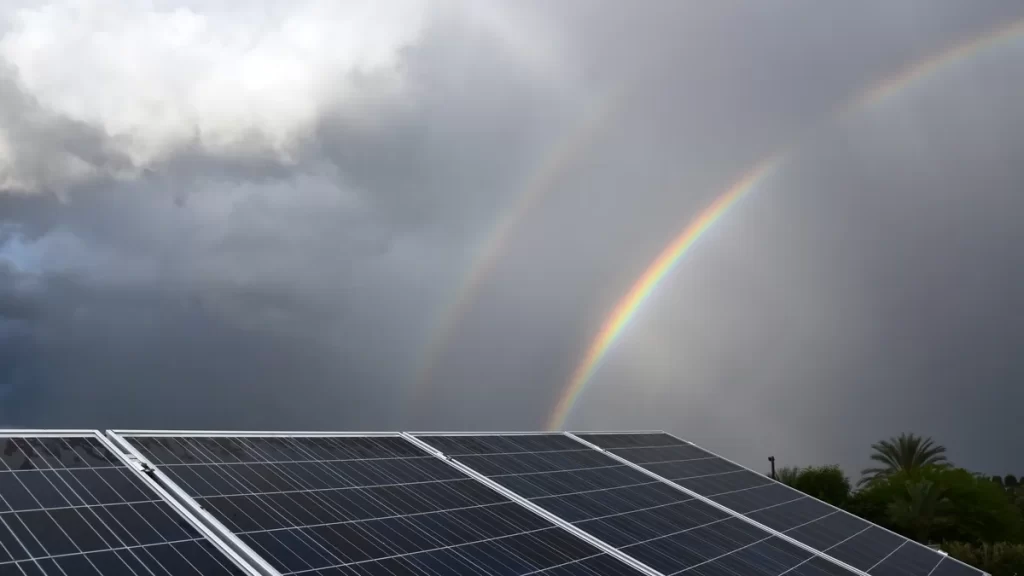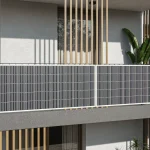As awareness about climate change and the need for sustainable energy solutions grows, solar energy has emerged as a popular choice for both residential and commercial applications. However, several misconceptions about solar power continue to persist, deterring potential users from making the switch. In this article, we will debunk five common myths about solar energy to provide a clearer understanding of its benefits and capabilities.
Myth 1: Solar Energy is Too Expensive
One of the most pervasive myths surrounding solar energy is that it is too expensive for the average consumer. While it’s true that the initial investment for a solar energy system can be significant, prices have dropped dramatically over the past decade. According to industry reports, the cost of solar panels has fallen by nearly 80% since 2010. Furthermore, there are numerous financing options available, including solar loans, leases, and Power Purchase Agreements (PPAs), which allow homeowners to install solar without a large upfront cost.
In addition, many governments offer tax incentives and rebates that can substantially reduce the total cost of solar installation. These financial benefits, combined with the long-term savings on electricity bills, make solar energy a viable and economically sensible option for many households. In fact, studies show that homeowners can save thousands of dollars over the life of their solar systems, making the initial investment worth it in the long run.
Myth 2: Solar Panels Only Work in Sunny Climates
Another common misconception is that solar panels are only effective in sunny areas. While it’s true that solar panels generate more electricity in direct sunlight, they can still function effectively on cloudy or rainy days. Modern solar technology has advanced to the point where solar panels can capture diffused sunlight, allowing them to produce energy even under less-than-ideal weather conditions.
In fact, many regions with less sunshine, such as parts of Germany and the UK, have successfully implemented solar energy on a large scale. This demonstrates that solar energy is not solely reliant on sunny weather and can be a reliable energy source in a variety of climates. Homeowners in all regions can benefit from solar energy, regardless of their geographical location.

Myth 3: Solar Energy Requires a Lot of Maintenance
Many people assume that solar energy systems require extensive maintenance to function properly. In reality, solar panels are designed to be durable and low-maintenance. Most solar panels have a lifespan of 25 years or more, and manufacturers typically offer warranties that cover performance for this period.
Routine maintenance for solar systems is minimal. Homeowners should regularly clean the panels to remove dust and debris, which can hinder their efficiency. In areas with heavy rainfall, nature often takes care of this cleaning for you. Additionally, periodic inspections by a professional can ensure that the system is operating efficiently. Overall, solar energy systems are not only durable but also require much less upkeep than many homeowners might expect.
Myth 4: Solar Energy Isn’t Reliable
Concerns about the reliability of solar energy are also prevalent. Many people believe that solar energy cannot provide a consistent power supply. However, advancements in battery storage technology have significantly improved the reliability of solar energy systems. Homeowners can now store excess energy generated during the day for use at night or during outages.
This means that solar energy can be a dependable source of power, even when the sun isn’t shining. Moreover, solar energy can be integrated with other energy sources, such as wind or traditional fossil fuels, to create a hybrid energy system that ensures a stable power supply. This flexibility allows users to rely on solar energy without fear of inconsistent electricity availability.
Myth 5: Installing Solar Panels Decreases Property Value
Another myth that persists is the belief that installing solar panels can lower a property’s value. In reality, homes equipped with solar energy systems often see an increase in value. Research indicates that potential homebuyers are willing to pay more for properties that offer the benefits of solar energy. They see it as a smart investment that not only reduces energy costs but also contributes to a sustainable lifestyle.
Furthermore, studies show that homes with solar installations sell faster than those without, making solar energy not only an eco-friendly choice but also a financially savvy one. The rising popularity of green technology and sustainable living continues to influence real estate trends, further enhancing the value of properties with solar systems.
Conclusion
Understanding the truths behind solar energy can help individuals and businesses make informed decisions about adopting this renewable resource. By debunking these common myths, we can promote a clearer picture of solar energy’s benefits, including its cost-effectiveness, versatility, minimal maintenance requirements, reliability, and positive impact on property values. As the world increasingly shifts towards sustainable energy solutions, embracing solar energy may not only be beneficial for the environment but also a wise investment for the future. By clearing up misconceptions and highlighting the facts, we can encourage more people to consider solar energy as a viable option for their energy needs.







